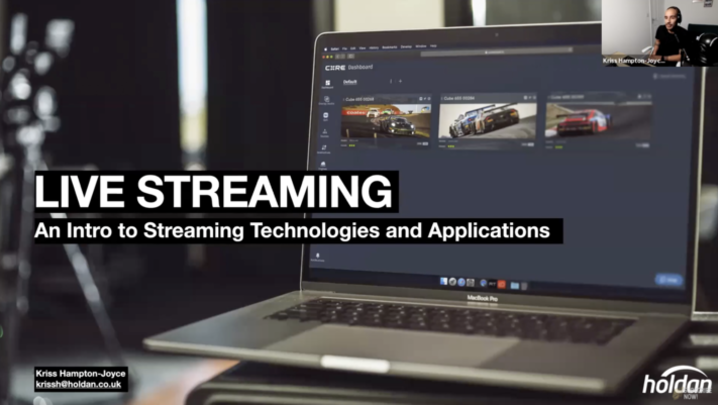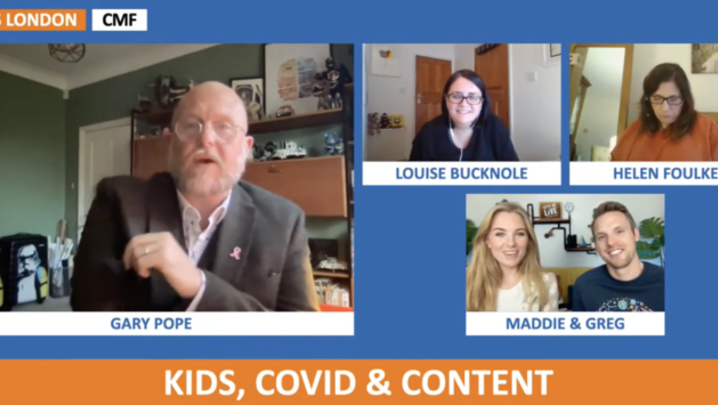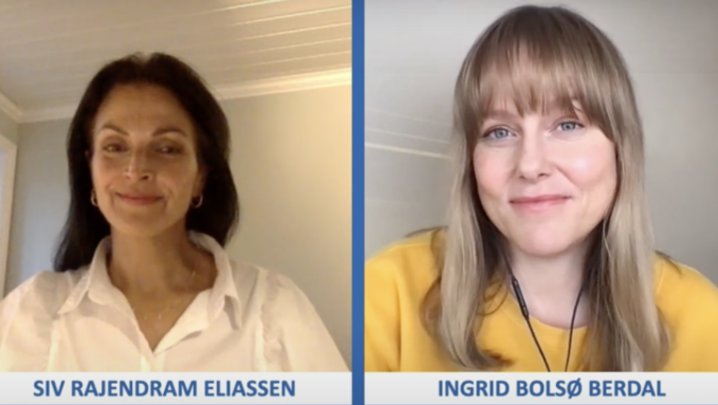Netflix will be the biggest winner from the health emergency, according to a snap poll taken at an RTS webinar on the impact of Covd-19 on the UK TV and related content industries.
Sixty eight per cent of those who voted predicted that the streaming giant would continue to gain from the crisis.
Conversely, Channel 4 risked being the biggest loser.
However, there was a consensus that all UK broadcasters would survive the pandemic and that independent producers were most vulnerable as the economic downturn accelerates.
But there was disagreement over Netflix’s precise future among the panellists. Lindsey Clay, CEO of Thinkbox, which represents UK commercial broadcasters, suggested that more content owners would withdraw their shows from the platform to enable them to use it on their own OTT services.
“Third-party content like Friends and The Big Bang Theory are some of Netflix’s most popular shows,” she said. “Once more content owners withdraw their shows Netflix would look less attractive.”
Claire Enders, founder of Enders Analysis, disagreed. She insisted that the secret of Netflix’s success was the huge sums it invests on original series.
“That’s Netflix’s magic sauce - $50bn spent on content in the last eight years. Given how much Netflix spends I’m always surprised that it’s only responsible for 9% of all video viewed in the UK.”
The economic fallout from the pandemic was certain to have a profound impact on the UK TV sector, agreed the panellists.
Sean McGuire, managing director of consultancy Oliver & Ohlbaum, said the UK had never experienced “a downturn this deep” and forecast a “fairly profound structural shift” in the sector.
He was unsure whether the TV adverting market – already down by around 50% year-on-year – would ever recover.
Even an apparently secure business such as pay-TV sport faced an uncertain future. “Will people still be happy to pay out large monthly amounts for Sky Sport in the future?” asked McGuire.
Enders predicted a “great depression” in the UK once the Government’s furlough scheme ended, compounded by what she thought would be a hard Brexit.
"The BBC should do more to help the UK regions"
As for the TV industry receiving financial help from the state, Damian Green MP said the sector was not high on the list of those likely to receive a subsidy.
“ITV is big enough to look after itself,” said the MP. However, he did not share McGuire’s negativity regarding live TV sport. He predicted huge audiences would return once live professional sport resumed.
Clay was optimistic regarding the future of TV advertising. She reminded everyone of its uniqueness to reach mass audiences safely and importance in driving economic activity. “It’s irreplaceable,” she opined.
She wondered if ITV was “really big enough to take care of itself.”
Asked to vote on the shape of the eventual economic recovery those listening to the webinar said the most likely outcome was a W-shaped recovery.
Enders said the companies that would survive were those that were vertically integrated like ITV and the BBC.
Channel 4 was vulnerable but had options in the event of a prolonged economic crisis such as selling its London HQ, closing some of its channels or merging with Channel 5.
There was agreement that another outright winner of the pandemic would be the recently launched streaming service Disney + - already in 50 million homes worldwide.
Green supported the continuance of the licence fee as a means of funding the BBC. “It shouldn’t work in theory, but it does in practice,” he said.
Enders said she was pleased that the pandemic had proved the overwhelming worth of the BBC, with the result that the debate over a subscription model for the BBC was now dead.
Green suggested that the BBC could be persuaded to commission shows from a more diverse range of suppliers in order to ensure that the UK’s highly regarded small and medium-sized independent producers survived.
Enders, however, said that more needed to be done to shore up the financial security of indies – and that the UK should follow the examples of France, Germany and Italy who had all agreed to provide a financial lifeline for their audio-visual industries. Similarly, the US was providing state funds to ensure that Hollywood survived.
Green said that in future the BBC should do more to help the UK regions and emulate what it had done in Salford in other parts of the country.
Clay said that the coronavirus crisis must not allow regulators to get side- tracked from continuing to look at how the Silicon Valley behemoths distort the UK advertising market.
Regarding news, Green said that the pandemic had led to an increased appreciation of trusted PSB news organisations, not least Channel 4 News which had emerged as the most trusted news service in the UK.
“The public are now more savvy about structured disinformation,” he said.
Industry impact of Covd-19 was an RTS webinar held on May 21. It was chaired by journalist and media commentator Kate Bulkley. The producers were Jonathan Simon, Keith Underwood and Nigel Warner. A full report will be published in the June edition of Television.








